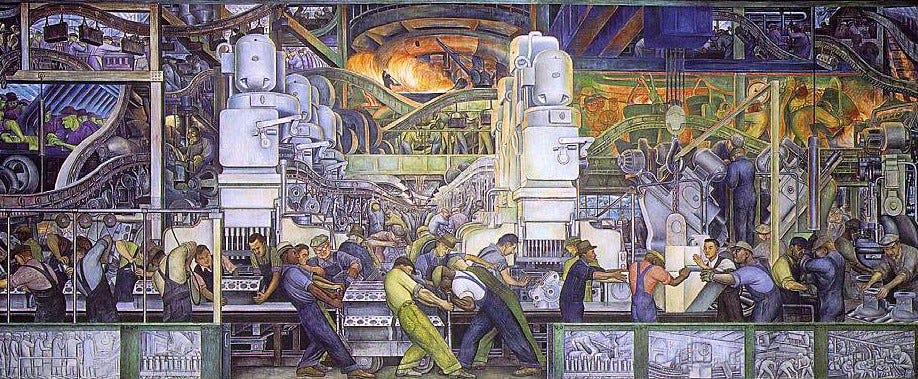United We Stand
Divided, the powerful dominate

“I believe in the dignity of labor, whether with head or hand; that the world owes every man an opportunity to make a living.” — John D. Rockefeller Jr., 1941
We seem more connected—in the digital sense and in the sense of having common interests—than ever before.
Whether you’re a student, a professional, or a retiree, you’re dealing with the effects of separation (from the office, from family, from friends, from old experiences) and fatigue.
We can all relate.
But recently, thanks to a number of new apps in the audio space, I’ve noticed that there’s a disparity: new technologies are exclusively available on iOS, not Android.
We’re not as connected as we might think. In fact, there’s quite a bit that separates us.
Given the many challenges we face on any given day, unity is essential.
“All animals are equal, but some animals are more equal than othe…



